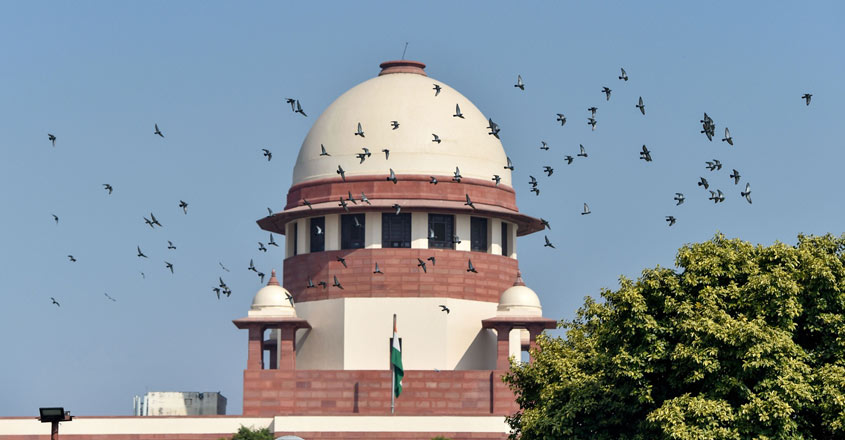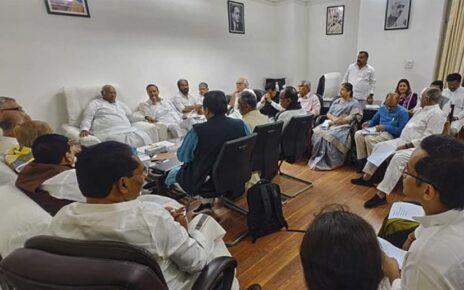New Delhi
Around 60 petitions challenging the Centre’s new Citizenship law – which has created a storm since being passed last week — will be taken up by the Supreme Court today. Among those who filed the petitions are senior Congress leader Jairam Ramesh, the Indian Union Muslim League and Asom Gana Parishad, an ally of the ruling BJP in Assam.
A three-judge bench headed by the Chief Justice of India, Justice SA Bobde, will hear the petitions. The other judges in the bench are Justices BR Gavai and Surya Kant.
The Citizenship Amendment Act is meant to expedite citizenship for non-Muslims from Pakistan, Afghanistan and Bangladesh who moved to India till 2014 after facing religious persecution in their home countries.
The petitioners have contended that religion cannot be the basis for grant of citizenship. The new law, they have also said, is against the basic structure of the Constitution as admitting illegal migrants as citizens on the basis of religion violates the fundamental rights to life and equality.
The law, they have also contended, affects the fundamental principle of secularism of the nation. The government, they said, has a duty to provide equal treatment to the members of all faiths.
Since President Ram Nath Kovind signed off on the law last Wednesday, there have been widespread protests, especially in the northeast, Bengal and Delhi. In Assam, five people have died in the violence that followed.
In Delhi, a protest march by the Jamia students had gone out of hand and ended in violence on Sunday. Stones were thrown at the police when they tried to stop the march, buses and two-wheelers were burnt. The subsequent police action at the university – barging in without permission and detaining students — had triggered protests in campuses across the country.
The student protests continued today and Delhi witnessed a second bout of violence. At northeast Delhi’s Seelampur, a protesting mob clashed with the police. A peaceful protest was also held at the Jamia Millia Islamia by the students.
Three Chief Ministers — Bengal’s Mamata Banerjee, Kerala’s Pinarayi Vijayan and Punjab’s Amarinder Singh — have declared that they would not allow the implementation of the citizenship law and the national registry of citizens in their states.




